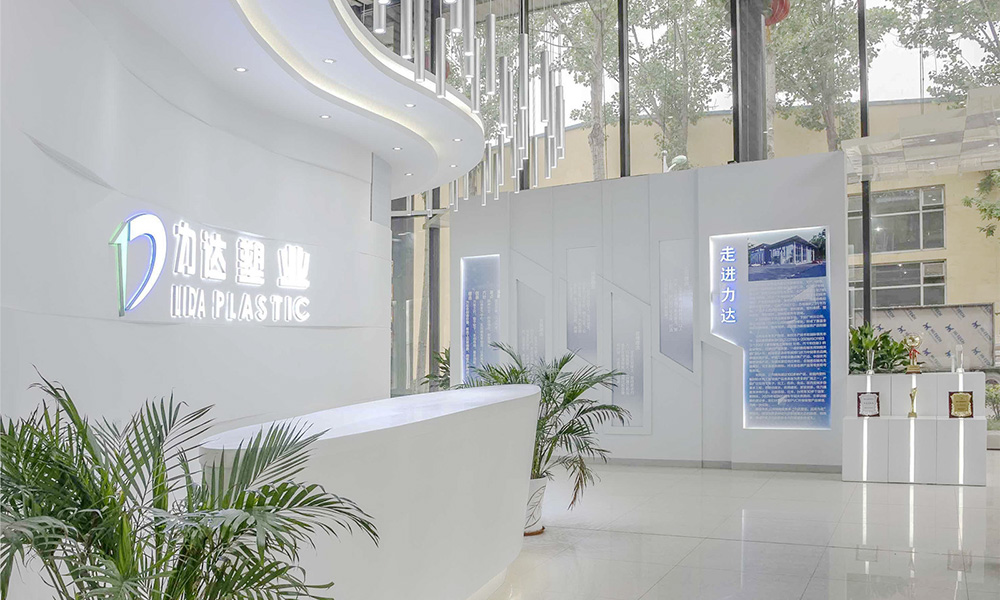Dec . 04, 2024 11:07 Back to list
Creating a Unique Panel Design for Personal Projects and Collaborations
Understanding the Pp Panel A Comprehensive Overview
In the realm of modern technology, especially in electronics and manufacturing, the term pp panel often arises. This article aims to delve into what pp panels are, their applications, advantages, and the future trends surrounding them.
What is a PP Panel?
PP panels, or polypropylene panels, are lightweight, durable sheets made from polypropylene, a thermoplastic polymer. This material is well-known for its high chemical resistance, moisture resistance, and mechanical strength. Due to these properties, pp panels are ideal for various applications, from construction to packaging.
Applications of PP Panels
PP panels have found their way into numerous industries. Their versatility allows them to be utilized in the following areas
1. Construction and Building In the construction industry, pp panels are often employed as wall cladding, roofing materials, and temporary structures. Their lightweight nature makes them easy to handle, while their durability ensures long-lasting performance.
2. Transportation The automotive sector benefits from pp panels for interior components due to their strength and resistance to harsh chemicals. Additionally, they are utilized in packaging parts, ensuring that products reach their destinations intact.
3. Packaging The packaging industry extensively uses pp panels for creating boxes and containers. Their waterproof qualities enable them to protect goods from moisture, making them an optimal choice for shipping and storage.
4
. Agriculture In agricultural settings, pp panels are used for constructing greenhouses and storage units. They help regulate temperature and humidity, thus optimizing plant growth and preserving agricultural products.5. Healthcare PP panels are also found in medical settings due to their hygienic properties and easy-to-clean surfaces. They are utilized in hospital furniture and equipment, ensuring a sterile environment.
Advantages of PP Panels
pp panel

The popularity of pp panels stems from their numerous advantages
- Durability With high resistance to impact, chemicals, and moisture, pp panels stand the test of time, reducing the need for frequent replacements.
- Lightweight Their lightweight nature simplifies transportation and installation, making them a preferred choice for many applications.
- Cost-Effective Given their durability and low maintenance requirements, pp panels often prove to be a cost-effective alternative to other materials.
- Recyclability As a recyclable material, pp panels align with sustainability goals, minimizing environmental impact.
- Versatile Design They can be manufactured in different colors, sizes, and thicknesses, catering to the specific needs of various industries.
Future Trends
The future of pp panels looks promising as industries continue to seek sustainable and efficient materials. Innovations in manufacturing processes are expected to enhance the properties of pp panels, allowing for even more extensive applications.
Emerging trends include the integration of smart technology, which could enable pp panels to monitor environmental conditions, making them suitable for advanced applications like smart buildings and automated farms.
Furthermore, as the world increasingly shifts toward sustainability, pp panels could play a significant role in promoting eco-friendly practices across various sectors, from reducing waste in packaging to enabling energy-efficient constructions.
Conclusion
In conclusion, pp panels are a significant innovation in material science, offering durability, versatility, and sustainability. As industries evolve, the demand for efficient solutions will only grow, propelling pp panels into the spotlight. Their extensive applications across various sectors showcase their capability to adapt and fulfill diverse requirements. As we look to the future, it is clear that pp panels will continue to play a crucial role in shaping industries and promoting sustainable practices.
-
High-Quality PPR Pipes and Fittings Durable ERA PPR & PVC PPR Solutions
NewsJul.08,2025
-
Black HDPE Cutting Board - Durable, Non-Porous & Food Safe HDPE Plastic Cutting Board
NewsJul.08,2025
-
High-Quality CPVC Panel Durable HDPE & PVC Panels Supplier
NewsJul.08,2025
-
Double PE Welding Rod Supplier - High Strength, Durable & Versatile Welding Solutions
NewsJul.07,2025
-
High-Quality PVC-O Pipe Supplier Durable 75mm PVC Pipe & Connections Leading PVC Pipe Company
NewsJul.07,2025
-
HDPE Drainage Pipe Supplier – Durable & Corrosion-Resistant Solutions
NewsJul.06,2025

